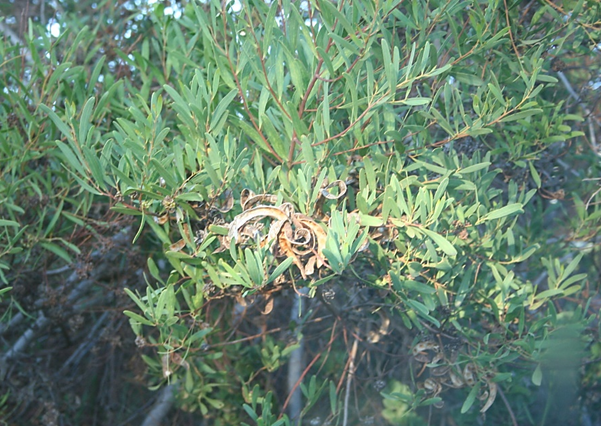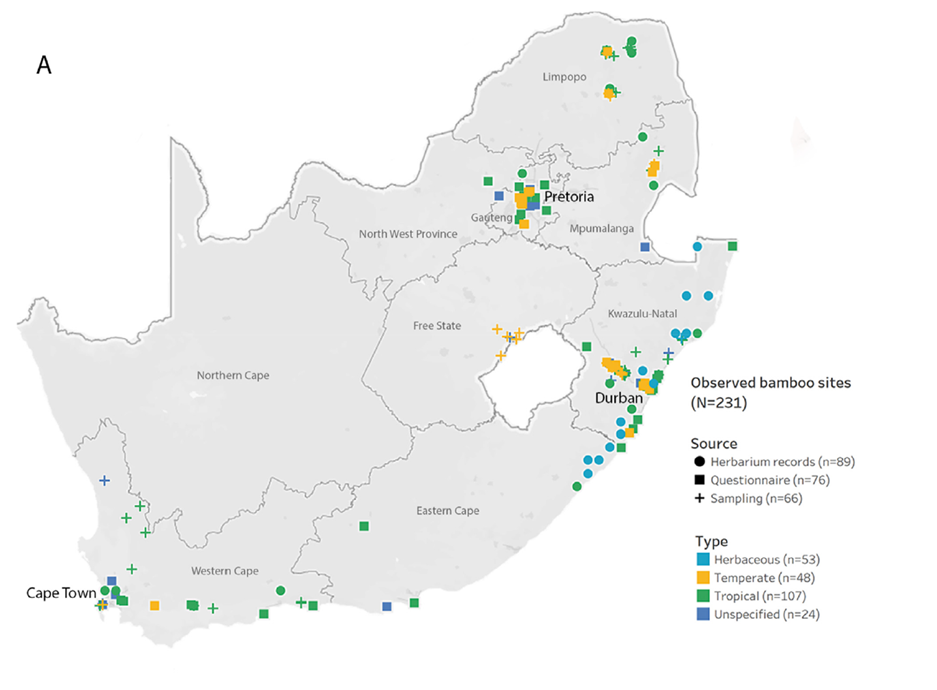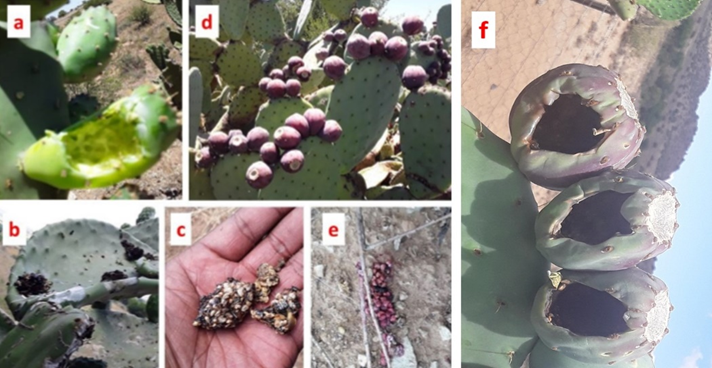Invasive Australian acacias change fynbos soil functioning
Microbial communities of fynbos soils have not received as much attention as its aboveground components. This is especially true regarding the impacts of invasive plants on these communities. However, this has recently been explored in a study by C·I·B members.



